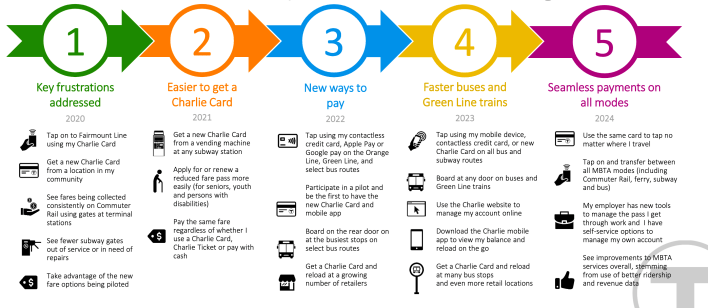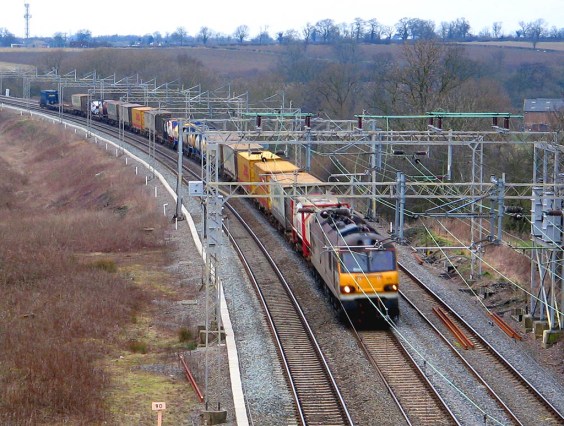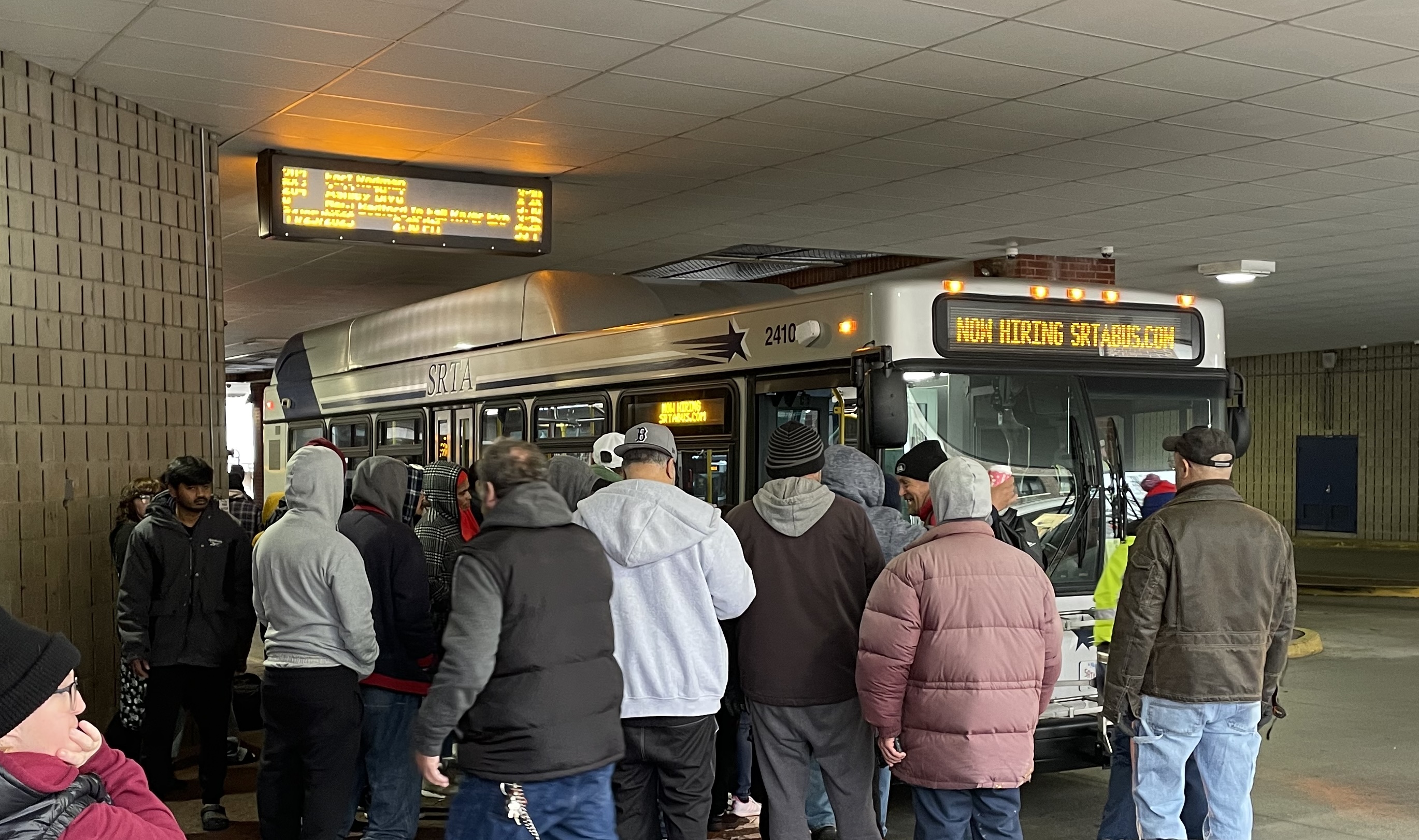The MBTA's Fiscal and Management Control Board voted to approve amendments to its delayed "fare transformation" project at its meeting this afternoon, in spite of criticism from a coalition of transit advocates that had urged the board to postpone decisions until riders could have a full understanding of the changes.
The T's "fare transformation" project, which is supposed to roll out a replacement for CharlieCards and a more equitable fare structure, has lagged far behind schedule since the agency signed its first contract for the project in 2018.
In a December board meeting, MBTA staff presented a "reset" plan for the project, which would have retained the same vendor with a pushed-back timeline. In the months since then, the T had offered little additional information on its plans for the project.
Advocates asked the board to have "an equitable and transparent" process to evaluate the changes before the board takes action.
A joint letter to the board from members of the Allston Brighton Health Collaborative, Alternatives for Community and Environment, Community Labor United, Conservation Law Foundation, LivableStreets, MASSPIRG, TransitMatters, and Transportation for Massachusetts asserted that "taxpayers, farepayers, and the communities that contribute to the MBTA’s budget have not been sufficiently informed about the $700 million fare transformation contract."
The original 2018 contract with Cubic, an international fare collection vendor, had a 10-year price tag of $723 million. The revised contract approved on Monday includes $597.5 million in up-front costs plus a ten-year operating deal worth $337.9 million, for a total cost of $935 million.
In a presentation of the contract amendment during Monday's teleconference board meeting, Laurel Paget-Seekins, the T's Assistant General Manager for Policy, stressed that the amended contract would not set any new fare policies, but it would give the agency a flexible framework with which it could adjust its fare pricing and enforcement policies in the future after a robust public process.
"We are buying some additional flexibility in how we can potentially connect the Cubic system to keeping track of fare citations, such that we have more flexibility to implement things that come out of a public process," said Paget-Seekins.

Advocates are also raising concerns about accountability after the current Fiscal and Management Control Board (FMCB) dissolves at the end of June.
"What is the plan for oversight, as this body will be expiring soon?" asked Jarred Johnson, COO of TransitMatters, during the public comment period of Monday's FMCB meeting.
Under state legislation, the FMCB will cease to exist on June 30, and the MassDOT Board of Directors will govern the MBTA unless, or until, new oversight legislation is adopted.
The FMCB also spent some time on Monday discussing how T staff would orient new board members when the new board structure takes over on July 1.
"The one thing we do know is that there will be new board members," said Paget-Seekins.






